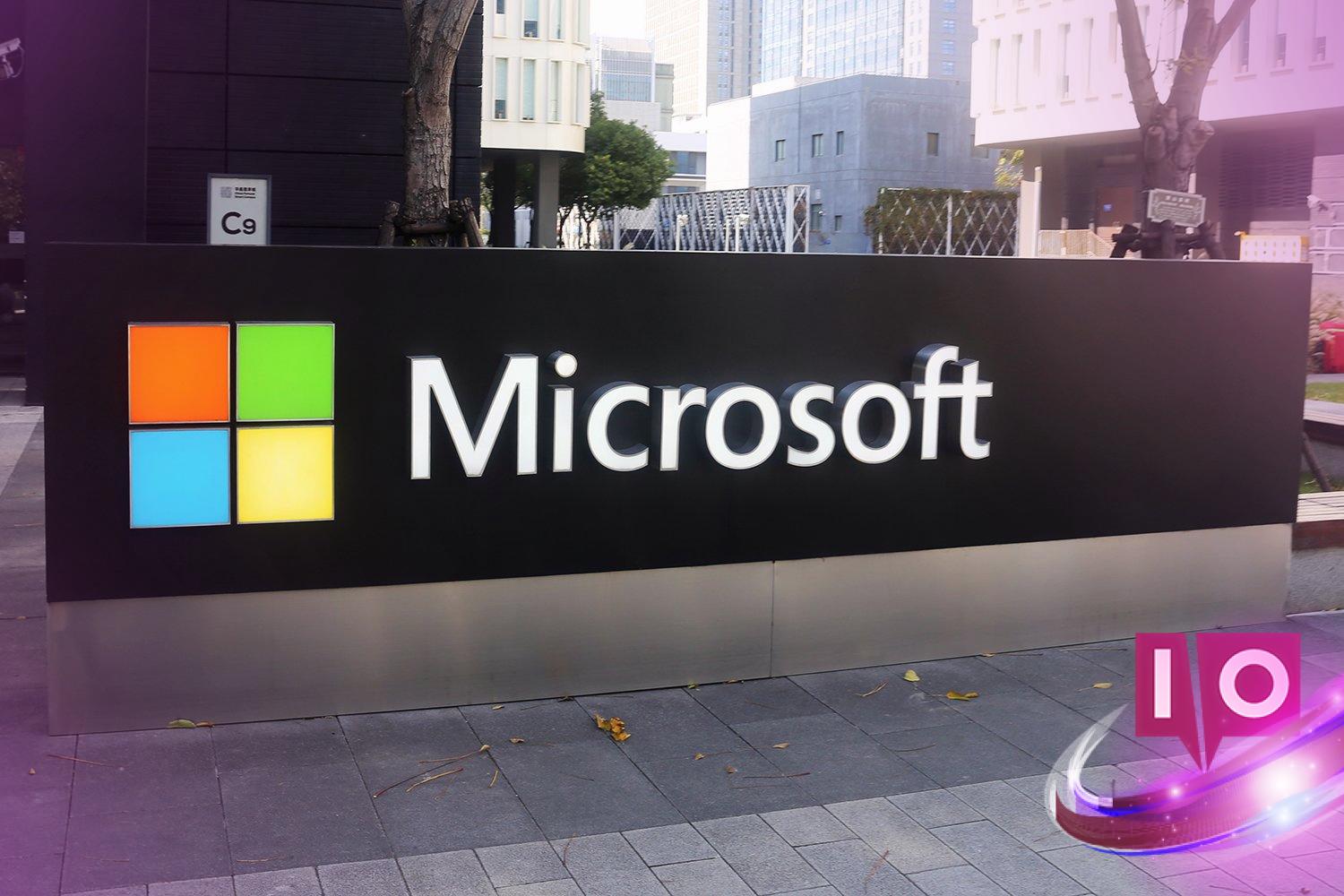For over two years, Microsoft has faced mounting scrutiny regarding its involvement with the Israeli military, raising significant ethical questions. Reports from various sources indicate that Microsoft’s technologies might be facilitating the Israeli war effort, leading to internal protests from employees discontented with these ties. Disturbances at company events have punctuated the tension, including passionate outbursts during Microsoft’s 50th anniversary celebration, where an employee publicly condemned leadership for allegedly enabling “genocide” through AI technologies. In response to these allegations, Microsoft has announced a critical investigation into claims that its cloud services may be aiding Israel in extensive surveillance operations in Gaza.
This announcement mirrors a recent report by The Guardian, outlining that Unit 8200, Israel’s clandestine intelligence unit, has been purportedly utilizing Microsoft’s Azure cloud infrastructure. The article alleges that a deal with CEO Satya Nadella allowed this agency access to a “customized and segregated area” within Azure, enabling the development of a “sweeping and intrusive system” capable of recording millions of Palestinian phone calls daily. This revelation understandably adds urgency to Microsoft’s review process.
In their statement, Microsoft acknowledged the implications of The Guardian’s report, asserting, “We appreciate that the Guardian’s recent report raises additional and precise allegations that merit a full and urgent review.” This review will be managed by Covington & Burling, a law firm tasked with evaluating Microsoft’s agreements with Israel.
Gizmodo reached out for additional clarity, and previously, Microsoft expressed that if its Azure platform is indeed being employed for storing data files obtained through widespread surveillance of Gaza and the West Bank, it would breach the company’s terms of service.
This marks Microsoft’s second investigation into its partnership with the Israeli government. The first probe initiated earlier this year followed employee protests. In a May report, Microsoft stated it found “no evidence to date that Microsoft’s Azure and AI technologies have been used to target or harm people in the conflict in Gaza.”
It’s worth noting that Microsoft is not alone in this scrutiny. Other major tech firms, including Amazon and Google, have also been implicated in supporting Israel’s military initiatives. A U.N. group recently published a report asserting that these companies provide Israel with substantial access to their cloud and AI technologies, thereby enhancing its capabilities in data processing, decision-making, and surveillance.
How does Microsoft’s cloud technology relate to military operations in Israel? Microsoft’s Azure platform has been accused of being used for surveillance by military intelligence, which has sparked significant backlash and legal scrutiny.
What has Microsoft said in response to these allegations? The company has committed to conducting an urgent review of its contracts and reassured that any misuse of its services would violate its terms of service.
Has this situation led to protests within the company? Yes, Microsoft employees have voiced their concerns through protests, reflecting a growing demand for corporate accountability regarding ethical practices in the technology sector.
What other tech companies are facing similar allegations? Companies like Amazon and Google have also been accused of complicity in Israeli military efforts, with reports suggesting they enhance military capabilities through their technologies.
As the situation evolves, Microsoft’s steps towards transparency and accountability remain crucial. As consumers and tech users, it’s vital to stay informed about how tech companies engage with military and governmental entities to understand the implications on global humanitarian efforts. For more insights and updates, keep exploring related content at Moyens I/O.
